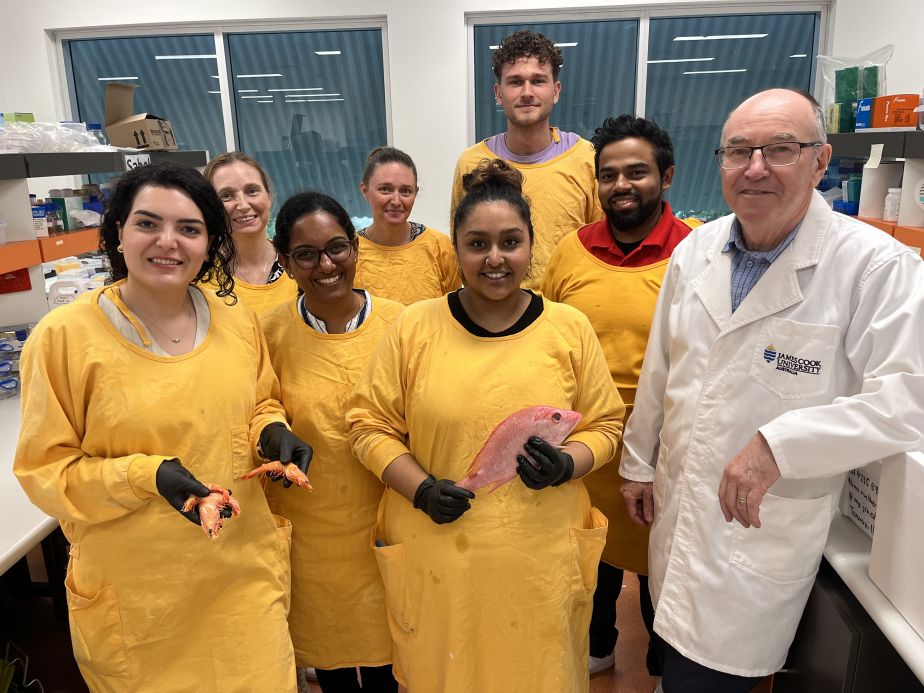
Cell-Cultivated Fish Diminishes Seafood Allergy Risks
April 2, 2025| |
Researchers from James Cook University (JCU) in Australia, in collaboration with JCU's Tropical Futures Institute in Singapore, found that cell-based fish can lead to the production of safer seafood products with vastly diminished allergy risks after analysis of cultivated Japanese eel (Unagi) showed positive signs.
Seafood is a leading trigger of food-induced anaphylaxis in many regions worldwide, and the group's research presented at the recent World Allergy Congress revealed that fish allergens in the cultivated Unagi were more than 10-fold lower compared to conventional eel. The cultivated eel showed no allergy-triggering IgE-binding for 20 fish allergy sufferers, suggesting low or no risk to sensitized individuals.
Professor Andreas L. Lopata, the head of JCU's Molecular Allergy Research Laboratory, said the study shows hugely promising results. “You're basically taking stem cells from the fish, growing them in tissue culture to the size they are edible, and everyone told us it would basically be the same as the regular fish including any allergy risks." Prof. Lopata said that they found diminished risks, and their cell-cultivated fish has very low allergen content, with a decrease of up to 1000-fold of the predominant fish allergen parvalbumin.
For more details, read the JCU press release.
| |
You might also like:
- FSA Review Explores Consumer Responses to Cell-Cultivated Products
- FAO and WHO Release Report on Food Safety Aspects of Cell-based Food Products
- Plant-based and Cultured Cell Have the Least Environmental Impact Among Meat Alternatives
Biotech Updates is a weekly newsletter of ISAAA, a not-for-profit organization. It is distributed for free to over 22,000 subscribers worldwide to inform them about the key developments in biosciences, especially in biotechnology. Your support will help us in our mission to feed the world with knowledge. You can help by donating as little as $10.
-
See more articles:
-
Plant
- FSA and FSS Confirm Safety of GM Soybean MON 87705 x MON 87708 x MON 89788
- Australia's Gene Technology Regulator Invites Comments on GM Canola Field Trial
- Iron-biofortified Rice Developed to Help Combat Iron Deficiency Anemia
-
Animal
- Unlocking the Potential of Animal Biotech in the Philippines: Research Updates and Regulatory Prospects
-
Food
- Pistachio DNA Map Could Lead to More Nutritious and Sustainable Nuts
- Cell-Cultivated Fish Diminishes Seafood Allergy Risks
-
Environment
- Study Shows US Public Attitudes on Genetically Engineered Microbiomes
- Engineered Red Yeast Converts Forestry Waste into Valuable Fatty Acid
-
Read the latest: - Biotech Updates (January 28, 2026)
- Gene Editing Supplement (January 28, 2026)
- Gene Drive Supplement (February 22, 2023)
-
Subscribe to BU: - Share
- Tweet

